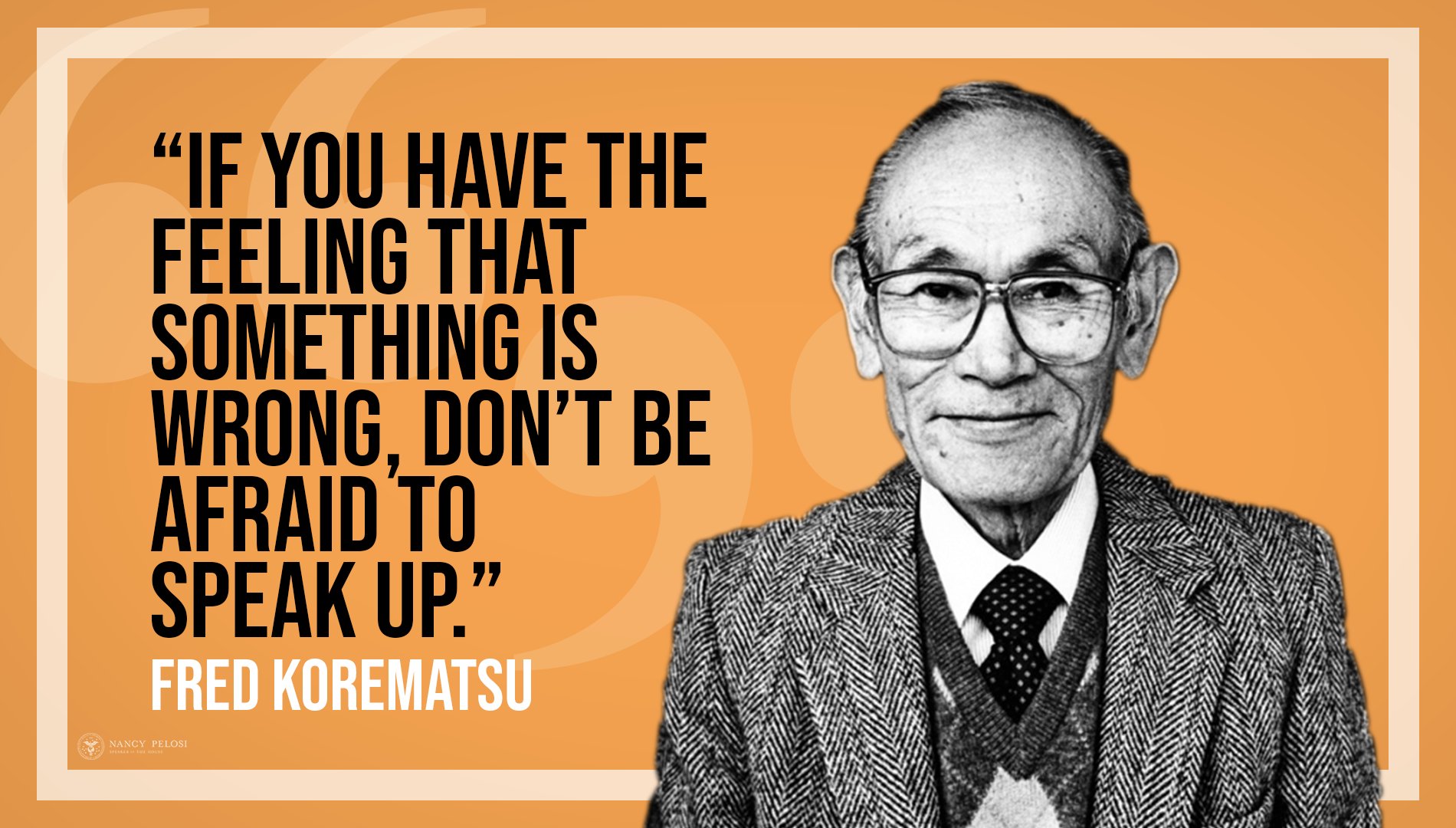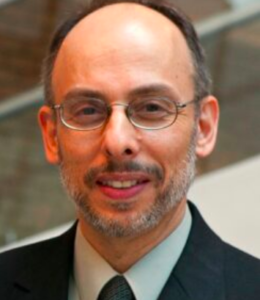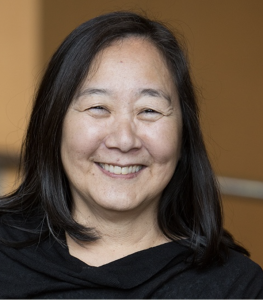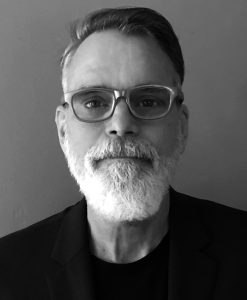
- This event has passed.
Fred Korematsu — An American Hero
May 4, 2025
| tickets by donationEvent Navigation

1 PM LOS ANGELES • 4 PM NEW YORK
Fred Korematsu defied the US government in 1942 when he refused to be incarcerated as a Japanese American. His case went all the way to the Supreme Court, which ruled against him. He was finally exonerated in 1983, in a landmark case that restored his civil rights and helped lead to reparations for all Japanese Americans who had been incarcerated during World War II. In 1998, Korematsu received the Presidential Medal of Freedom. The film Of Civil Wrongs and Rights tells his powerful and important story.
xxxxx
VIEW THE TRAILER
xxxxx
xxxxx
THE SCHEDULE
⇒ May 2-5, watch the film Of Civil Wrongs and Rights on your home device. A link will be provided to all who register.
⇒ Sunday, May 4 at 4:00 p.m. US Eastern Time, tune into the program with our distinguished panel of speakers. A link will be provided to all who register.
xxxxx
MEET THE SPEAKERS
 Dr. Rafael Medoff is the founding director of The David S. Wyman Institute for Holocaust Studies and the author of more than twenty books about the Holocaust, Zionism, and American Jewish history. He has written extensively on the connection between the internment of the Japanese-Americans and the Roosevelt administration’s policy toward Jewish refugees. Dr. Medoff has taught Jewish history at Ohio State University, Purchase College of the State University of New York, and (currently) Yeshiva University.
Dr. Rafael Medoff is the founding director of The David S. Wyman Institute for Holocaust Studies and the author of more than twenty books about the Holocaust, Zionism, and American Jewish history. He has written extensively on the connection between the internment of the Japanese-Americans and the Roosevelt administration’s policy toward Jewish refugees. Dr. Medoff has taught Jewish history at Ohio State University, Purchase College of the State University of New York, and (currently) Yeshiva University.

Lorraine K. Bannai is Professor Emerita at Seattle University School of Law and Director Emerita of the Fred T. Korematsu Center for Law and Equality. After earning her J.D. from the University of San Francisco School of Law, she served on the legal team that represented Fred Korematsu and successfully challenged his World War II conviction for refusing to comply with orders that resulted in the mass removal of Japanese Americans from the West Coast. She is the author of Enduring Conviction: Fred Korematsu and His Quest for Justice.
 Eric Paul Fournier is a San Francisco-based filmmaker. His theatrically released documentary film, Of Civil Wrongs and Rights, tells the story of Fred Korematsu’s 40-year struggle for justice and Supreme Court challenge of the constitutionality of the Japanese American internment camps during World War II. Short listed for an Academy Award for Best Documentary Feature, it won two Emmy Awards, for Directing and Editing, following its national television broadcast on PBS in 2002. The film, which was named one of the 15 Best Films of the First 20 Years POV/PBS, was rereleased by PBS in an anniversary box set.
Eric Paul Fournier is a San Francisco-based filmmaker. His theatrically released documentary film, Of Civil Wrongs and Rights, tells the story of Fred Korematsu’s 40-year struggle for justice and Supreme Court challenge of the constitutionality of the Japanese American internment camps during World War II. Short listed for an Academy Award for Best Documentary Feature, it won two Emmy Awards, for Directing and Editing, following its national television broadcast on PBS in 2002. The film, which was named one of the 15 Best Films of the First 20 Years POV/PBS, was rereleased by PBS in an anniversary box set.


